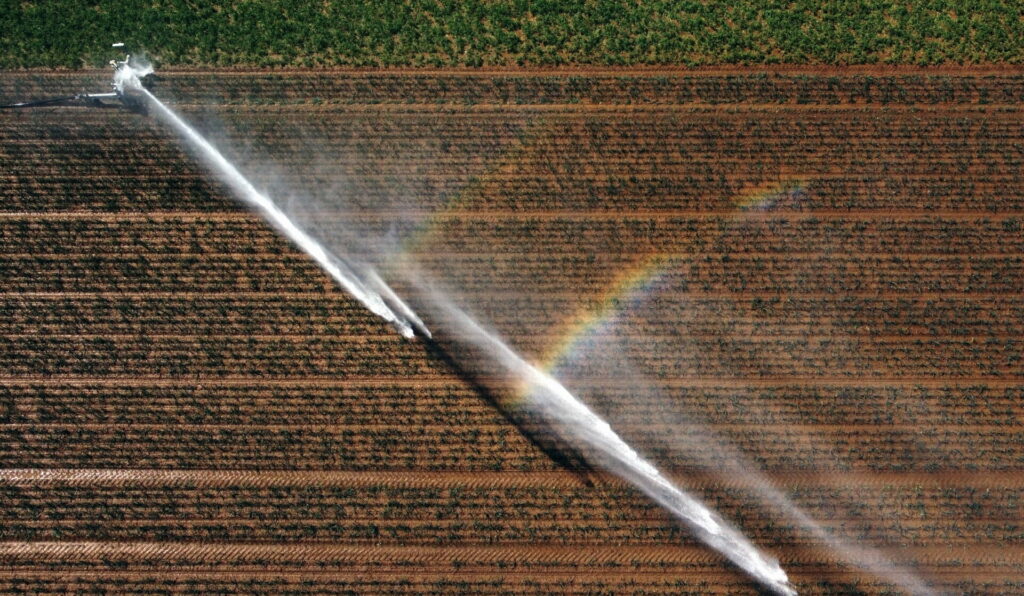Amid climate negotiations at COP28, the latest report from the EU's climate service has once again highlighted the urgent need for measures to halt global warming.
The year 2023 will be the hottest ever recorded, the European Copernicus service warned on Wednesday.
After an "extraordinary" November with an average global temperature of 14.22°C, making it 0.32°C warmer than the previous record set in November 2020. It marks one of many consecutive record-breaking months.
"2023 now has six record-breaking months and two record-breaking seasons," said Samantha Burgess, Deputy Head of Copernicus' Climate Change Service (C3S), in a statement. "This extraordinary month of November, including two days with temperatures 2°C above pre-industrial levels, means that 2023 is the warmest year ever recorded in history."
While last month in most of western Europe felt very cold and wet – several storms triggered widespread rainfall and floods locally, including Storm Ciarán in Belgium – on the whole was 1.75°C warmer than the November average for the pre-industrial era (the period between 1850 and 1900).
After the northern hemisphere experienced its warmest summer this year, the boreal autumn (September to November in this part of the world) has also been named the warmest in history. With an average temperature of 15.30°C, it rose above previous averages by a "wide margin" of 0.88°C.
Importance of net zero
When looking at the period from January to November, the global mean temperature for 2023 is the highest on record. It was 1.46°C above the 1850-1900 pre-industrial average, and 0.13°C higher than the eleven-month average for 2016, which was until now the warmest calendar year on record.
The weather service warned that the cyclical El Niño weather phenomenon over the Pacific, which has affected weather in large parts of the world and fuelled the rise in temperatures so far this year, has not yet reached its peak (often in December).
The report shortly after the United Nations Climate Change Conference (COP28) opened in Dubai last Thursday. The main stakes of the climate summit, which runs for two weeks, are whether a consensus on the future of fossil fuels will be reached and whether this will result in a "phase down" (reduction) or "phase out".
Related News
- EU takes the lead at climate change conference in Dubai, facing challenges
- COP28 Presidency avoids talking about 'phasing out' fossil fuels
So far, the UAE presidency, led by Emirati Sultan Al Jaber, has made no mention of phasing out fossil fuels, despite it being a demand made by numerous global leaders. In light of recent comments made by Al Jaber which verge on climate denial, this hardly comes to the surprise of COP's harshest critics.
However, C3S Director, Carlo Buontempo stressed that reaching net zero as soon as possible is a key and effective way to manage climate risks faced by the world.
"As long as greenhouse gas concentrations keep rising we can’t expect different outcomes from those seen this year. The temperature will keep rising and so will the impacts of heatwaves and droughts," he concluded.

